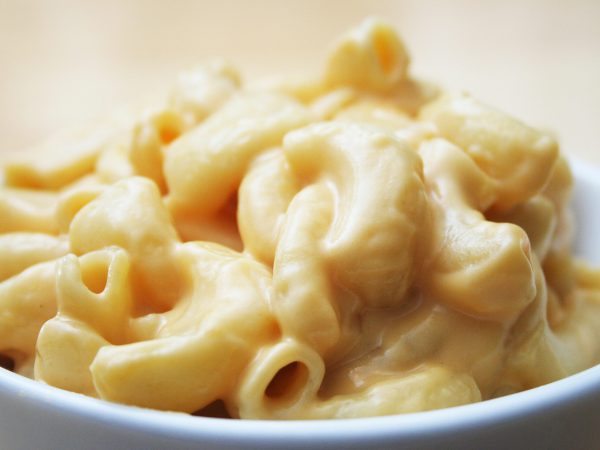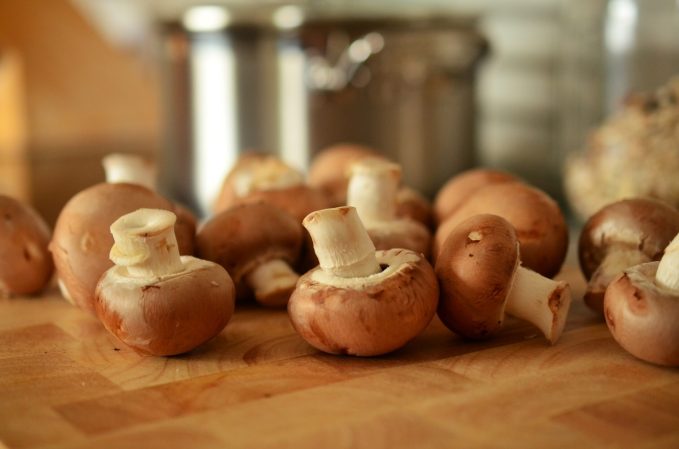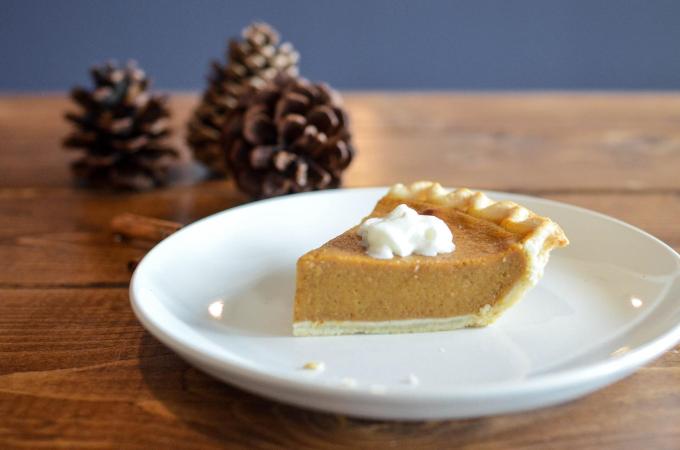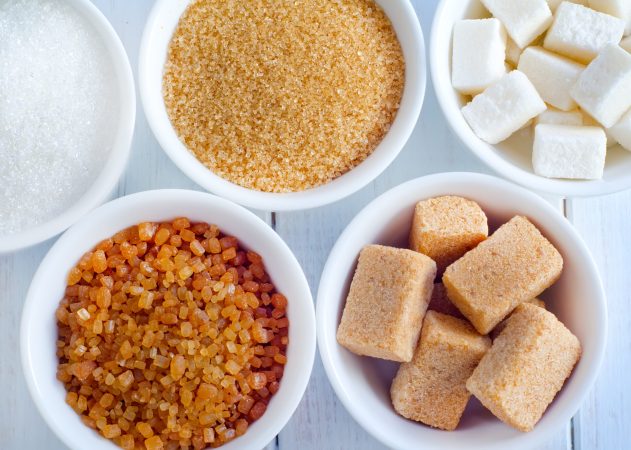

Holiday eating gets a bad rap. The Thanksgiving season inevitably kicks off a barrage of tips on how to avoid weight gain, from using smaller plates to cooking “healthy” versions of favorite dishes; around New Years, we’re hit with calls to clean up our wayward diets by eliminating treats and counting calories. But psychologists and epidemiologists alike caution that all this fuss could do more harm than good.
Categorizing the food we eat over the holidays as “unhealthy” is a well-documented American tendency that has little to do with actual health—and the guilt we experience over our food may actually hurt us in the long term. If you’re feeling the pressure to start trying to atone for the festive treats you’ve enjoyed over the last few weeks, you may need to cut a few misconceptions out of your information diet.
First of all, it’s important to clarify that the perils of holiday weight gain are greatly exaggerated. While research does suggest that most people do gain a bit over the holidays, it’s not much—between 0.4 and 0.9 kilograms (0.9 and two pounds) on average, according to a 2017 review published in the Journal of Obesity. Considering that, and given that the link between higher body weight and poorer health is shaky at best, it’s safe to say that most folks are not putting their lives at risk by indulging in eggnog and cookies for a few days of the year.
Even knowing all that, you may still feel the need for a hard reset in the aftermath of a lot of unusually rich and sugary foods. The social aspect of the holidays can make it difficult to maintain your usual diet—it’s hard to turn down another cookie or glass of wine when everyone around you is partaking—so it’s understandable if you feel like you must have caused your body harm. But research suggests that festive meals come with their own set of health benefits. A 2017 study published in Adaptive Human Behavior and Physiology found that people who ate more meals in social settings were more likely to feel better about themselves and have a wider social network—characteristics that, as the study authors point out, are associated with happiness, wellbeing, and lower risk of illness. Evening meals involving alcohol were the most likely to trigger feelings of warmth and bonding.
Sometimes, participating in these social situations involves consuming caloric, fatty, or sugary foods and drinks. Bioethicists at Johns Hopkins argue that those foods, too, have health value. “Sharing food is a way to express love, forge relationships, and reinforce bonds,” they wrote in an article published in the Kennedy Institute of Ethics Journal. “What we eat expresses our personal and group identities.” Often, they add, that involves foods we deem unhealthy. But even that labeling could be misguided.
Our cultural obsession over whether foods are healthy or not is far from universal. Psychologists at the University of Pennsylvania recently asked nearly 947 Indian, French, and American participants to sort a list of foods in whatever manner they deemed most appropriate. Their results, published in the journal Appetite, showed that while French and Indian respondents generally chose to categorize foods into neutral groupings like “food vs. drink,” most Americans chose to sort foods by whether they deemed them healthy or unhealthy. “That’s not a very sensible way of dividing foods,” says study author Paul Rozin, a professor of psychology at the University of Pennsylvania.
Rozin is particularly interested in the difference between French and American attitudes. “The French tend to think of food more as an experience,” Rozin says. In a 1999 study also published in the journal Appetite, Rozin found that among participants from four countries, the French were the most likely to associate food with pleasure, and the least likely to associate food with health. Americans were on the opposite end of the spectrum. That’s significant, Rozin says, because French people, on average, have lower rates of heart disease and live around four years longer. That’s not to say that French diets are the key to health and longevity, Rozin points out—but a focus on the pleasure of food rather than its health-value certainly doesn’t seem to hurt.
[Related: Why most diets don’t work—and what to try instead]
Other research draws a more direct connection between our attitudes and our health. Psychologists in New Zealand asked people whether they associated chocolate cake more with the word “celebration” or “guilt.” Then, they followed those participants for 18 months. They found that people who chose “celebration” found it easier to maintain a balanced diet than those who chose “guilt,” and also tended to maintain a steadier weight over the following year and a half.
“To talk about unhealthy foods or forbidden foods in itself is not healthy,” says Roeline Kuijer, a psychologist at the University of Canterbury in New Zealand and one of the authors of the study. To do so sets us up to feel guilt, an emotion that’s associated with activation of our fight or flight system. Other research suggests that such feelings might even lead to disordered eating behavior—In one study, participants felt increasingly guilty in the four hours prior to binge eating.
One diet model involves doing away completely with the notion of “healthy” and “unhealthy.” Intuitive eating emphasizes listening to what your body is saying: When is it hungry? When is it full? How did that cookie make you feel? When adults start intuitive eating, research suggests that they actually eat less overall, are less likely to stress eat or binge, and are happier with their bodies.
“There’s a deep cultural and emotional connection with food,” says Susan Mason, a social epidemiologist at the University of Minnesota, “Why not enjoy it and just pay attention to how your body’s feeling?”
From holiday celebrations to the post-New Years come down, a person who is eating intuitively would approach a slice of cake the same way that they would approach a plate of veggies—by eating it if they’re hungry and that food is what they wish to eat, setting their fork down when they’re full, and giving non-judgemental attention to how the food makes them feel.
Intuitive eating also includes paying attention to when your diet isn’t making you feel well. If you’re feeling sluggish or uncomfortably bloated after a week or two of festivities, it might make sense to re-balance meals toward fruits and vegetables and scale back on alcohol and sugar, Mason says. But that doesn’t mean cutting out whole food groups. “Extreme changes to one’s diet are not sustainable or recommended,” Mason says—not even as part of a temporary “cleanse.”
Mason also recommends getting back in touch with your hunger cues. Holidays often involve a lot of munching between meals, so even when you’re eating intuitively, it can be easy to lose track of whether you’re hungry. It’s okay to eat for pleasure, but if you’re feeling like your body is a little out of sorts, being more conscious of why you want food can help you find balance again. “Getting back in touch with hunger and satiety cues can be one step toward re-establishing pre-holiday eating habits,” Mason says.
But whether you commit to a year-round philosophy of intuitive eating or not, the fact remains that no matter how badly you feel about what you ate in the last few weeks, trying to compensate by cleansing or restricting is unlikely to do you any good—and all those joyful meals and treats may have positively impacted your health.
“From a public health perspective, holiday eating is not the problem. It’s really not,” Mason says. “Eat those cookies, and then stop when you’re full.”















